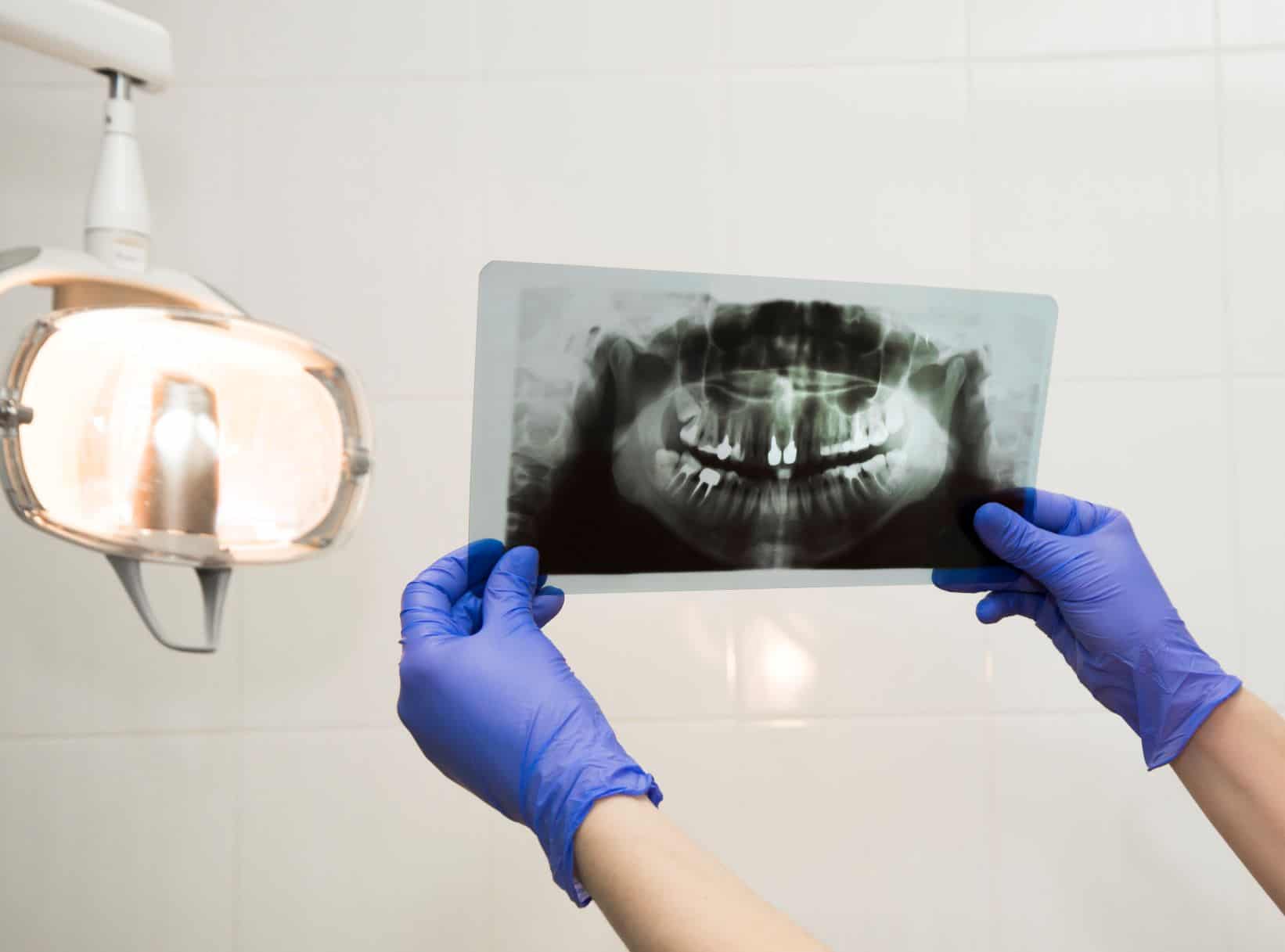
What Are The Signs Of Periodontal Disease?
Periodontal disease (periodontitis) is a serious infection that occurs in the gums and, if not treated properly, can spread to the bone and lead to other serious health conditions. It is caused by allowing bacteria to spread and accumulate on the teeth and gums by not practicing proper oral hygiene. If treated early, you can stop severe, irreversible damage to your teeth and gums.
This article serves as your guide to learning about periodontal disease. It will educate on the symptoms and stages of periodontitis and, most importantly, the steps you can take to ensure you don’t suffer from the more advanced stages of the disease.
Early Warning Signs
Gingivitis: Periodontal disease starts off with inflammation of the gums (better known as gingivitis). Signs of gingivitis include blood in the sink, on your brush, or on your floss after brushing or flossing.
Plaque: Build up on your teeth that is caused by food and bacteria is called plaque. It is a sticky, colorless, film that produces acids that can eat away at the enamel of your teeth and make its way under your gums, causing further damage to the roots of your teeth, accelerating tooth decay and breaking down the bones that support them. If you don’t brush or floss regularly enough, don’t get regular cleanings, plaque can easily build up on your teeth and lead to gum disease.
Stages of Periodontal Disease
Slight Periodontal Disease
In the early stages, your gums will pull away (recede) from your teeth and small pockets form between teeth and gums. These pockets hold harmful bacteria that can cause your gums to retract, because your body is trying to fight the infection from the bacteria. This is how bleeding can happen. By this stage, periodontitis is irreversible, but you can manage it and prevent it from getting worse if you keep up your oral hygiene routine as specified by your dentist. Symptoms include swollen or red gums, bad breath, and bleeding during brushing and flossing.
Moderate Periodontal Disease
In this stage, you will experience many of the same symptoms, but the bacteria in your mouth will now start to attack your immune system and get into your bloodstream. You will need to get a deep cleaning to remove the deposits of bacteria that are now deep into your gums. If not treated, you can experience tooth and bone loss, increased bleeding and the shifting of teeth.
Advanced Periodontal Disease
In the last and most advanced stage, your connective tissue that holds your teeth in place will begin to deteriorate. You are at a high risk of bone loss in the advanced stages. At this stage you will require periodontal surgery or laser therapy to clean the deep pockets filled with bacteria that have formed. If left untreated, you can experience advanced gum recession, teeth becoming loose and falling out, gaps between teeth and other health issues due to the bacteria in your bloodstream.
Symptoms of Periodontal Disease
- Receding gums
- Bad breath
- Tooth loss
- Pain when eating
- Red, swollen gums
- Bloody gums when brushing/flossing
- Plaque buildup on teeth
- Tooth Sensitivity
Some symptoms at the start of gingivitis and the earlier stages of the disease can be caught by your dentist before the disease can advance. Make sure to regularly go to the dentist for examinations and cleanings.
Risk Factors
The following factors can increase your likelihood of getting periodontal disease:
- Not brushing or flossing regularly
- Hereditary factors (if your parents have a history of oral disease, orthodontic problems, gum disease, etc)
- Smoking
- Stress
- Diabetes
- Crooked teeth
- Conditions that impact your immune system
Prevention
The best ways you can help prevent or keep periodontal disease from advancing are:
- Brushing and flossing daily
- Brushing after eating
- Using a good mouthwash approved by the ADA
- Seeing your dentist every 6 months for a cleaning and check up
- Quitting smoking
As discussed above, treating periodontal disease before it is allowed to advance is very important. Seeing your dentist regularly for checkups and cleanings is the best way to make sure your teeth are in tip top shape. Practicing good daily oral hygiene at home is also a great way to halt any progression of the disease. Keeping up with your daily routines and visiting your dentist at least two times per year ensures good oral health for life. You only get one smile!
It’s Time to Enjoy Going to the Dentist!
At Carrie Muzny DDS, we offer many services with the best care so you leave our offices smiling every time. Our professional and kind team is here to ensure you have a great dental experience whether it’s your first time or you’ve been coming to us for years.
Our highly acclaimed dentists are not only exceptionally trained in modern preventative techniques, but also have attained academic honors and continue to refine their craft year after year in preventative dentistry, restorative dentistry, surgical procedures, and cosmetic dentistry. With our state-of-the-art technology and vast range of smile-perfecting procedures, we stay atop the field and deliver smiles as sunny as the state of Texas!
Call or email today to schedule your consultation. We even offer an online smile consultation! You can send us pictures of your smile with your concerns and needs and we will get back to you with a specialized plan just for you. Check out our smile gallery to see results from our many patients and contact us to get started on your smile today!

